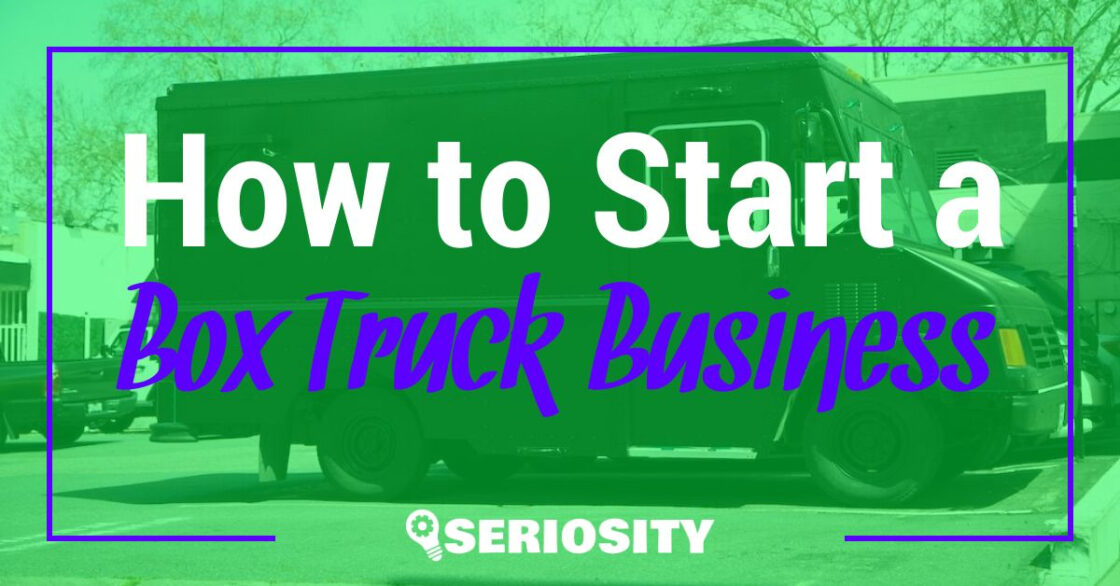The transportation industry is a global necessity, providing needs for food, supplies, rides to and from, material shipments, and more. It touches every aspect of our daily lives. Starting a transportation business, you will need to know what type of transportation you’re getting into, rules and regulations, how many funds are required, how many employees, and more. Keep reading as we go into detail.
Choose a Niche in the Transportation Industry
The transportation industry has many opportunities to start up a business. The primary thing to do is choose a niche and stick with it. Do research, talk to industry professionals, find out the pros and cons, and develop the idea that suits you best.
Look at all the options for transportation if you have a strong interest in it and are willing to go the distance to make it successful. These are some of the niches that fall under transportation, but there are too many to post. These are the most popular ones:
- Couriers: Several Android or iPhone apps can bring in hundreds of dollars daily if you live in the right places. The most popular are Lyft, Uber, Door Dash, DispatchIt, Go Share, and more. These leave the opportunity for users to be their boss in the transportation field and have the tools to keep track of records for tax purposes.
- Medical Transportation: Most vehicles used in this industry are vans equipped with lifts for wheelchairs and taking patients to and from hospitals and doctor visits. Some patients can pay out of pocket, while others use their insurance companies to pay for the bill. This transportation service is more complex but still worth it due to the amount of money and people requiring it.
- Taxi: A taxi is always needed by those who have no vehicles. Taxi services do well in big cities, but some people use them to go to and from the airport, bus, or train stations.
- Senior Transportation: Many seniors can no longer drive and need a ride to go to and from their location. Some insurance companies also help them pay the bill, so plenty of paperwork is involved in collecting payments.
- Trucking Industry: Regarding the transportation industry, the trucking industry is the most popular. This industry involves hotshot drivers and delivery drivers. They haul equipment, supplies, and more from point A to point B.
- Car Rentals: This industry is used for those with no vehicle available due to accidents, extensive traveling, and getting to and from airports, train, and bus stations.
- Limousine Rentals: Most people who use limo rentals are VIPs, students going to prom, graduations, and other dances. Wedding parties and funerals also use these services.
- Bike Rentals: These are rentals for those who need temporary transportation for local areas. Some may rent a bike daily, weekly, or monthly, offering a high income for those in the city areas.
Start with Business Accounts
You will need a business bank account to start a transportation business. A name for your company is necessary, and get it registered. The two options are getting a Doing Business As (DBA) or Limited Liability Company (LLC).
You will need a business certificate from the local county courthouse if you choose a DBA. Your Social Security Number will be your tax ID number. Going the LLC route will require a business lawyer to write the paperwork and file it through the state. You will be issued an Employer Identification Number (EIN) once the paperwork is filed and the fees are paid.
A DBA business is risky, especially with all that can happen in a transportation business and the number of people ready to file lawsuits against companies. An LLC will keep your personal assets safe as those who file a lawsuit file it against the company, and you will not lose your house, car, and other personal belongings. Those who file the lawsuit can only take the company’s assets if the business owner is at fault.
Once the name and paperwork are filed, go to the bank, and they will grant you a business account. The bank will have the entire list of all transactions to distinguish income from tax deductions. Once this is done, it will make it easier to separate business from personal accounts and make filing easier when the tax season pops up.
A business debit or credit card will also be helpful in times of emergency. It is quick, easy, and all expenses will show up in the monthly statements sent from the bank. Most people do not carry cash, and it is easier to hide a card than a wad of money which keeps you safer while on the go.
Coming Up with a Business Plan
You will need a strategy to get started, keep the business going, and a “plan B” if things are slow. A foolproof plan will get you through the tough times, and you will need this if you need to take out a business loan to start up.
These are the things to consider. It will give a clear picture of what to expect with your transportation business:
- Market analysis;
- Overview of business;
- Pricing plan;
- Financial plan with projections;
- Marketing plan.
Your services should be demanded before starting with the niche of choice. Reliability and consistency are other plans to keep in mind. You don’t want to be spinning your wheels and not going anywhere while operating your company.
Get a Mechanic to Inspect the Vehicle and Equipment
The heart and soul of your company are the vehicles and equipment used. Getting a trustworthy mechanic is an essential idea. They can help determine if the vehicle and equipment are in tip-top shape for business. If these fail, you’re out of business.
Here is a checklist to get the mechanic to check out the vehicle to ensure your safety, those on the road, and the passengers you may carry if you’re driving people around.
- Emergency roadside equipment;
- All the lights are in working condition;
- Tools for roadside repairs and maintenance;
- Proper tie-downs for the trucking and delivery industry;
- No less than 1/4 inch tread on all tires;
- All mechanical components must work perfectly;
Obtaining Licenses or Permits
Get with OSHA, DMV, DOT, and FMCA for all licenses and permits dealing with the transportation field you choose to do. Checking with all local and state government officials is critical. These professionals are there to help you get your business started legally.
It is crucial to understand that laws and regulations are different in every municipal and state government. What may be legal in one area may cost you thousands of dollars in fines in another. Research and asking the right questions will help you stay on the right track.
Getting the Right Insurance
When leasing, the company you are leasing the vehicle to will cover all the required insurance. However, if you go solo with your hotshot company, you must have the following:
- Liability insurance
- Workers Comp insurance
- Load insurance
- Passenger insurance
Get Funded and Keep Up with the Financial Status
If you need to take out a business loan, SBA loans, local banks, government grants, and more are available to help you get your business going. Many will loan the money if they consider your company a significant investment. That is where an excellent business plan comes in handy.
It will take money to get started if you need to purchase a vehicle and buy the fuel and first round of maintenance. You must show the banks and loan companies that you have your stash available. It shows them you are serious and will make them more comfortable loaning you money.
Hire Employees and Set Rates
Some transportation businesses you can operate on your own. Starting up, it is the best option to fly solo. However, if you use excellent skills in marketing and advertisements, your business will grow, and you will need to hire help.
Having good employees is the best way to expand your company. Choose experienced employees with excellent and trustworthy backgrounds. Put out ads for a hiring company and choose your employees wisely.
Setting your rates is the last thing to consider before starting your transportation business. You want to remain competitive with those in the industry and keep your prices affordable so that your customers will return to your services. Stay away from lowballing because it will cost you in profits when expenses rise.
Sources
https://www.nerdwallet.com/article/small-business/how-to-start-a-transportation-business
https://www.upcounsel.com/how-to-start-a-transportation-business
https://www.upcounsel.com/business-license





